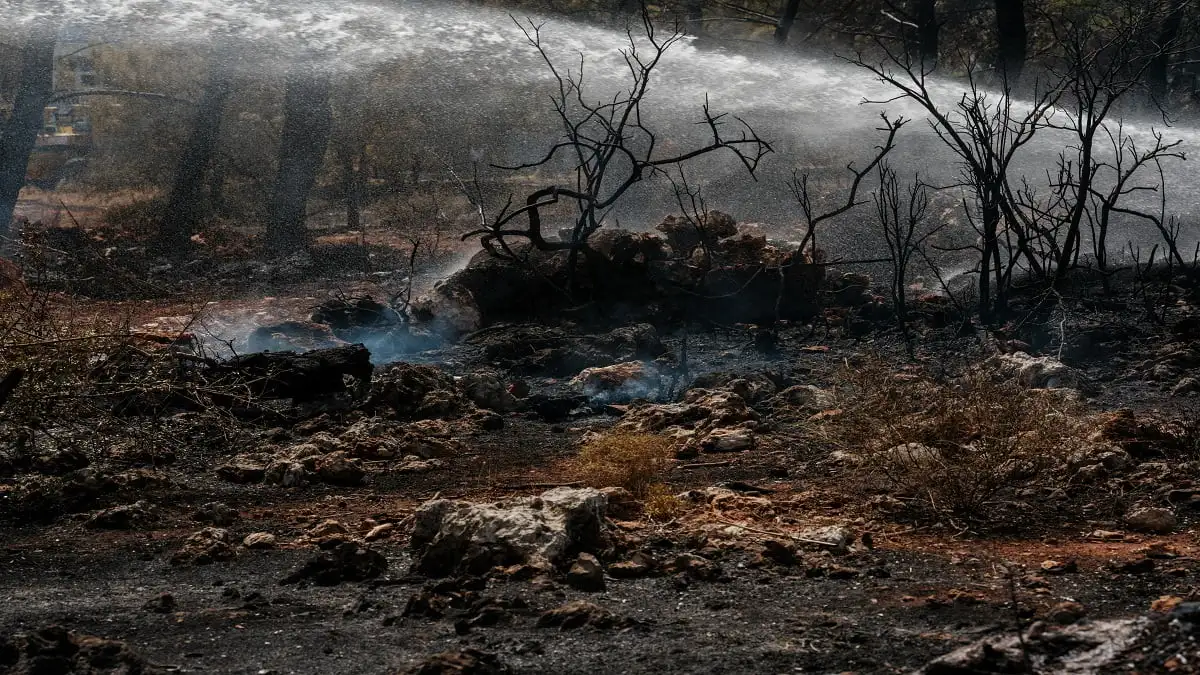A Wake-Up Call for Ski Resort Safety
The devastating fire at the Grand Kartal Hotel in Turkey’s Bolu Mountains, which claimed 66 lives and left many others injured, has cast a harsh spotlight on safety practices in ski resorts worldwide. This tragic event underscores the urgent need for robust crisis management plans to protect both guests and staff in these popular winter destinations.
What Happened at Kartalkaya
The fire broke out at approximately 3:30 a.m., rapidly engulfing the restaurant floor of the 11-story hotel, where 238 guests were staying. With few options for escape, many guests resorted to jumping from windows, resulting in heartbreaking casualties. This tragedy serves as a stark reminder of the hidden risks that ski resorts can face, especially during busy seasons when occupancy is high.
Why Crisis Preparedness Is Non-Negotiable
To prevent such incidents, ski resorts must adopt a proactive approach to crisis management. Essential components include:
- Thorough Risk Assessments
Identifying fire hazards, structural vulnerabilities, and extreme weather risks is critical. Regular inspections help detect and address weaknesses. - Detailed Emergency Response Plans
Clear evacuation procedures, communication strategies, and coordination with local emergency services should be established and regularly updated. - Frequent Fire Drills and Training
Both staff and guests need to be familiar with emergency protocols. Realistic simulations build confidence and improve response times in real emergencies.
Global Examples of Best Practices
Several leading ski resorts offer valuable lessons in crisis preparedness:
- Aspen Skiing Company, USA
Implements stringent safety protocols, including routine fire drills and comprehensive emergency training for staff. - Whistler Blackcomb, Canada
Features an advanced emergency response plan with real-time communication tools and annual large-scale safety drills. - Chamonix-Mont-Blanc, France
Conducts extensive safety and emergency response training, ensuring staff are well-equipped to handle crises effectively.
The Safety Gap: Are Resorts Truly Prepared?
While many ski resorts claim to prioritize safety, there remains inconsistency in their actual preparedness:
- Inadequate Staff Training
Some resorts fall short in equipping their teams with the necessary knowledge and skills to respond to emergencies. - Neglected Safety Equipment Maintenance
Regular inspections and maintenance of fire alarms, extinguishers, and other critical equipment are often overlooked. - Limited Guest Awareness
Guests are frequently left uninformed about safety protocols, reducing their ability to respond appropriately in an emergency.
Turning Tragedy Into Action
The Kartalkaya incident is a sobering reminder that safety can never be taken for granted. Ski resorts must reassess their crisis management systems, adopt global best practices, and invest in staff training to ensure they are fully prepared for the unexpected.
By prioritizing comprehensive safety measures, ski resorts can enhance both their resilience and the trust of their guests. Tragedies like Kartalkaya must serve as a catalyst for change—ensuring no resort faces a similar fate.
A Collective Responsibility
Ski resort operators, authorities, and guests alike have a role to play. We must collectively demand greater transparency around safety protocols and insist on rigorous training and preparedness. Together, we can foster a culture of safety and ensure that ski resorts remain spaces of joy, adventure—and above all—security.
How Resilience Hub KSA Can Help
At Resilience Hub KSA, we specialize in helping organizations across industries— including the tourism and hospitality sector—strengthen their ability to withstand and recover from crises. Our experts provide tailored support in:
✔ Crisis Management
✔ Business Continuity Planning
✔ Risk Management
✔ Disaster Recovery
✔ Customer Experience Resilience
✔ Operational Excellence
Whether you’re a ski resort operator or part of a high-risk sector, we’re here to help you build the resilience necessary to protect your people, reputation, and operations.




